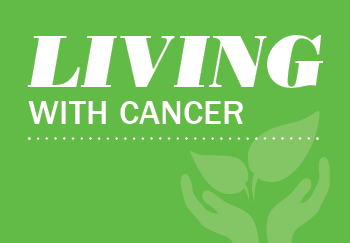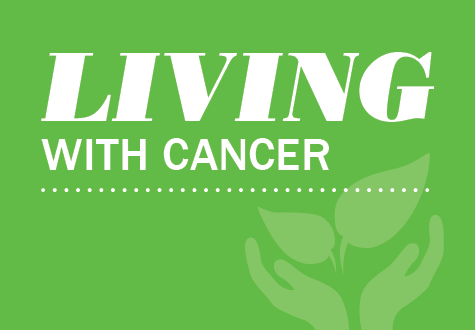
Learning more about cancer clinical trials, evaluating your options, and maintaining realistic expectations can help you objectively assess the pros and cons of a trial and whether it’s the best option for you.
The Role of Cancer Clinical Trials
Clinical trials are a critical part of the medical research and development process and have led to tremendous advances in cancer treatment, like immunotherapy. Before a new drug or treatment can be made available to the public, the Food and Drug Administration (FDA) requires that these medications first be tested in clinical trials. Many major cancer centers, including UVA, conduct clinical trials.
However, not all clinical trials are designed to find a cure. According to the American Society of Clinical Oncology, some clinical trials look for new treatment options — whether a new drug, surgery or treatment combination — and aim to understand potential side effects. Some trials are designed to find ways to ease short-term and long-term side effects of cancer treatment. Others try to pinpoint ways to prevent or detect cancer early, which can improve the chances of survival.
The Promise of Cancer Clinical Trials
While some patients may be skeptical of clinical trials, you may feel optimistic about the promise and potential of new treatments. After all, the prospect of joining a cancer clinical trial is exciting. You or a family member may be one of the first to benefit from a new, more effective treatment. Plus, news reports of clinical trial success stories in the media can influence your expectations, too.
“Sometimes, patients hope and believe that a trial medication will cure their cancer. They want to live for X number of years or be able to participate in certain life events. They want treatment to give them more time,” said Anne Gabel, clinical research coordinator at UVA Cancer Center.
In fact, a study published in the journal Cancer found that nearly half of patients enroll in phase 1 clinical trials expecting tumor shrinkage, and a tenth of patients enroll expecting a cure. However, this is much higher than the typical phase 1 response rate of 4% to 20%.
“Expectations vary depending on the patient,” as well as how they view their cancer treatment, explained Gabel. “Patients who want to feel in control are more likely to have hope and believe that a clinical trial will result in disease response. They want to be heavily involved in decision-making. They tend to have unrealistic expectations.”
Managing Expectations
While each person’s reasons for participating in a cancer clinical trial differ, the American Cancer Society suggested asking yourself a few questions before making your decision:
- Why do you want to participate in a cancer clinical trial?
- What are your goals and expectations?
- Identify the risks and benefits?
- What are the additional costs such as time, money and travel to and from the cancer center?
- What are your other options if you choose not to participate?
Want More Information?
If you’re interested in learning more about clinical trials and whether you should participate, talk to your doctor.
If you do want to participate, remember, you must meet the trial’s specific eligibility criteria to maintain the research protocol. According to the National Cancer Institute, criteria may include the specific type and stage of cancer, the type of treatments received, and age. So, even if there is an available trial in your area, you may or may not qualify.
Lastly, new treatments aren’t always better treatments or a cure for cancer. In fact, the new treatments may not be effective or as effective as current treatments. It may work in some participants, but not others. If you have any questions, talk to your doctor.
“Patients need to be aware of the pros and cons of all choices, including no treatment,” said Gabel. “Coping skills and coping support services need to be included with discussions about prognosis and treatment decisions.”
